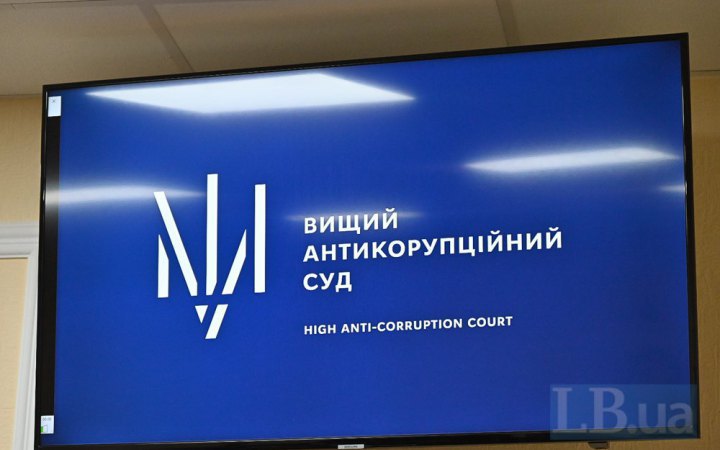The Accounting Chamber conducted the audit of the High Anti-Corruption Court for the first time. It covers the years 2019-2023 and 9 months of 2024, and for some issues - a longer period.
The results of the audit were published by the press service of the Accounting Chamber.
Thus, over five years, the HACC has reviewed more than 46,000 cases and materials in the first instance and 4,700 in the appellate instance, but a significant number of cases have remained pending for more than a year.
For the period 2020 - the first half of 2024, this figure is 35-49% in the first instance, and 3-16% in the appellate instance. In addition, as of the first half of 2024, there were 10 cases in the first instance that had been pending for more than three years. Delays in the consideration of cases were caused by staff shortages, regulatory restrictions, as well as the coronavirus pandemic and the introduction of martial law.
In terms of funding and logistics, the level of financial support for the HACC has been gradually increasing.
‘In 2024, the level of funding reached 99%, which allowed us to effectively perform our tasks and exercise our powers. In 2019-2023 and 9 months of 2024, the HACC used UAH 1.64 billion of budget funds, of which 88% were spent on salaries and accruals. At the same time, the restrictions on judicial remuneration established in the state budget since 2020 lead to forced additional payments by the HACC to compensate judges for underpaid remuneration based on court decisions,’ the audit says.
The results of the audit also showed that the government did not provide the HACC with adequate premises
‘The buildings in which judges and staff work do not comply with state building standards and create obstacles to the exercise of the court's powers. Thus, at the time of the audit, judges and court staff were housed in three different premises, two of which are temporary. The fourth building of the HACC is unusable and needs to be reconstructed,’ the report says.
At the same time, thanks to international technical assistance and procurement made by the HACC, it was possible to equip workplaces, courtrooms and provide employees with modern equipment.
One of the key problems of the HACC is the insufficient number of judges. Only 37 judges are actually administering justice, although the number of judges on staff is 63. This also affects the timing of case consideration and the accumulation of unfinished proceedings.
The auditors emphasise that this situation creates a risk of failure to implement the Ukraine Facility plan, which, in particular, provides for an increase in the number of HACC judges by 60% and the staff by 40% in the first quarter of 2025.
The Accounting Chamber provided the HACC with a number of recommendations.
- The creation of the Anti-Corruption Court was one of the main requirements of Western creditors. But it was blocked for a long time. The authorities proposed to create a chamber within the existing system instead of a separate court. In the autumn of 2017, the government's rhetoric changed, and in December, then-President Petro Poroshenko submitted a draft law to the Rada. On 7 June, the law was passed by the Parliament.
- Prior to the creation of the HACC, cases investigated by the National Anti-Corruption Bureau and the Specialised Anti-Corruption Prosecutor's Office were heard by the Solomianskyy District Court of Kyiv (the NABU building is located in this district of the capital). The Bureau has repeatedly expressed dissatisfaction with the decisions of this court and demanded the creation of the High Anti-Corruption Court. As you know, the HACC has jurisdiction over all NABU and SAPO cases, and its decisions can only be appealed to the Supreme Court.








